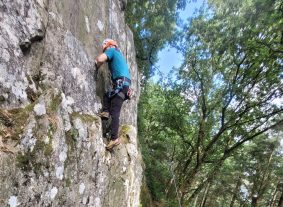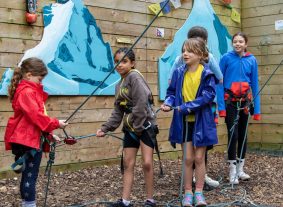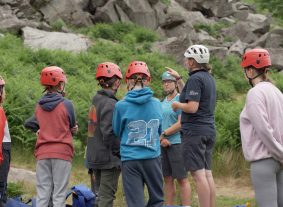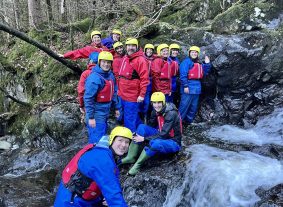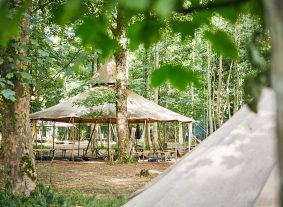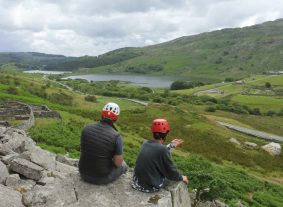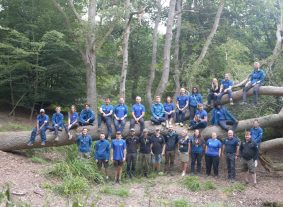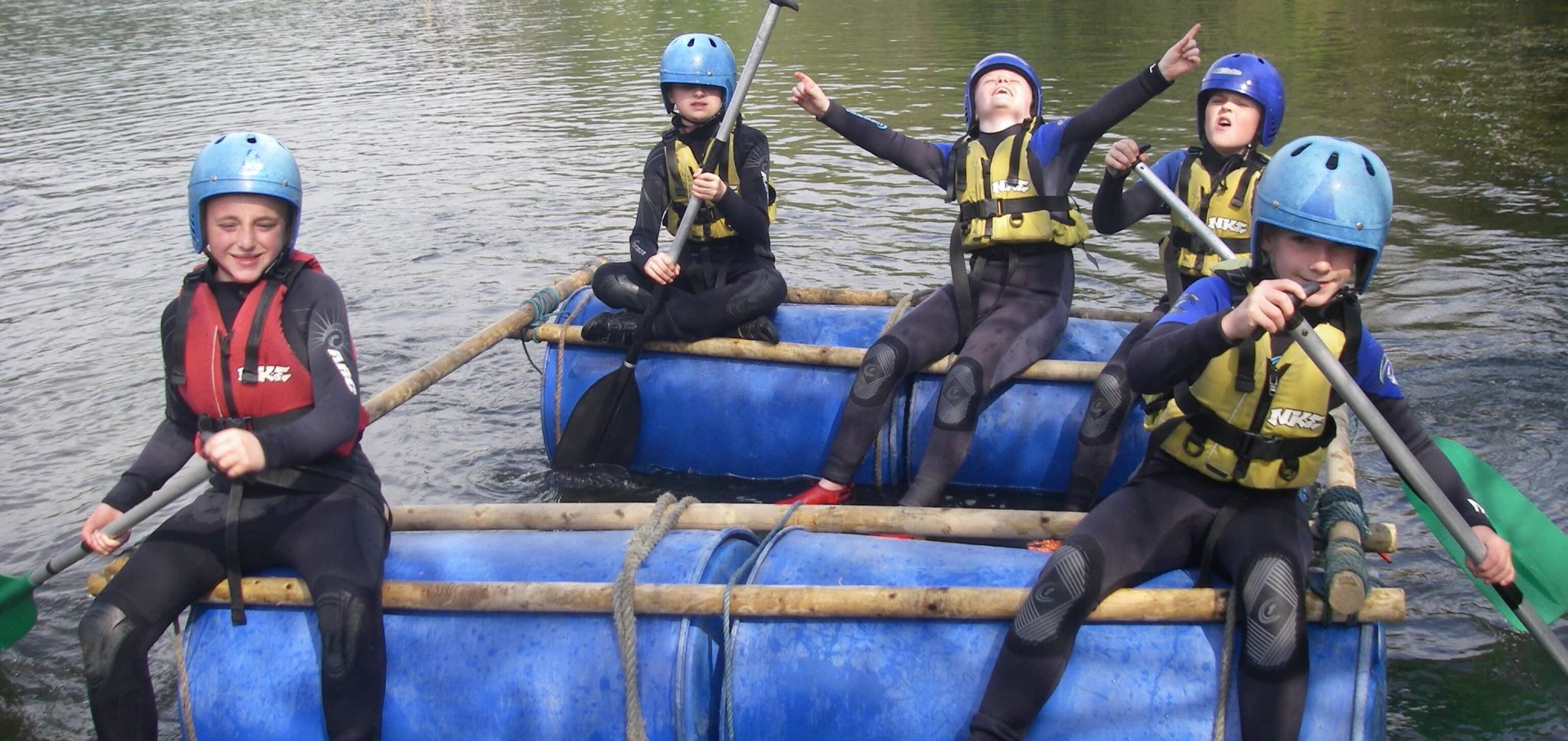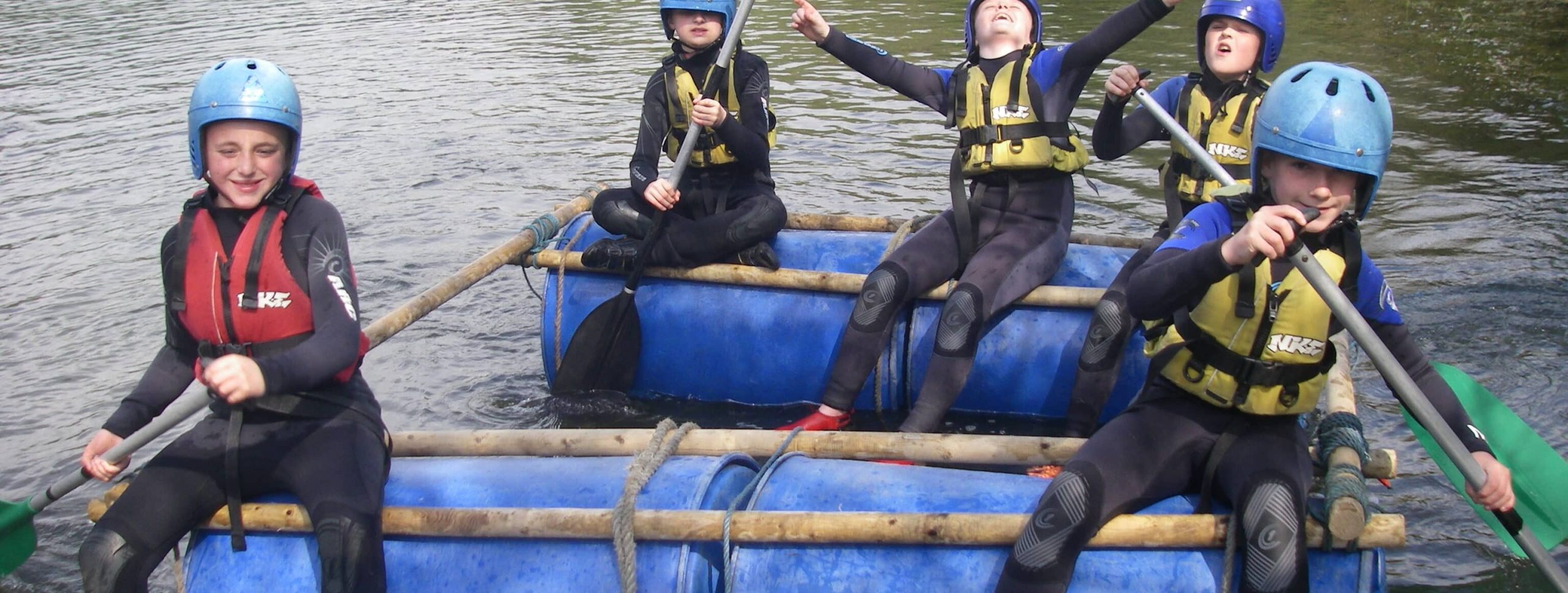Module Code: content-paragraph
In this fast-paced digital era, where screens dominate the educational landscape, it is essential to recognize the immense benefits of outdoor learning for students. From improved academic performance to enhanced mental and physical well-being, taking education outside the traditional classroom setting can have a profound impact on students’ growth and development.
Outdoor learning offers a divergent approach to education, allowing students to interact with their natural surroundings while actively engaging in the learning process. This hands-on approach not only makes learning more enjoyable but also stimulates curiosity and nurtures creativity.
One of the major benefits of outdoor learning is its positive impact on academic performance. Research has shown that students who engage in outdoor education have improved concentration levels, increased knowledge retention, and higher overall academic achievement. The practical experiences provided by outdoor learning help students to better understand complex concepts by relating them to real-world scenarios. For example, studying plant life becomes much more immersive and memorable when students explore the diverse ecosystems of a local park or garden. This experiential learning allows for a deeper understanding and connection to the subject matter, resulting in better grades and a love for learning.
Module Code: content-image
Module Code: content-paragraph
Moreover, outdoor learning contributes significantly to students’ mental and emotional well-being. Spending time in nature has been proven to reduce stress levels, improve mood, and increase overall happiness. Being outdoors provides a refreshing break from the pressures and demands of the traditional classroom environment, promoting relaxation and mental rejuvenation. This, in turn, leads to improved focus, attention, and emotional resilience, which are crucial for students’ overall well-being and success.
Outdoor learning also fosters important life skills such as problem-solving, teamwork, and communication. When faced with challenges in an outdoor setting, students are encouraged to think critically and creatively to find solutions. Collaborative activities require effective communication and cooperation, essential skills that prepare students for future personal and professional endeavours.
Module Code: content-image
Module Code: content-paragraph
To incorporate outdoor learning into the curriculum, teachers can organise educational trips to Active Learning Centres to provide unique opportunities for experiential learning. Additionally, integrating eco-literacy and sustainability concepts into lessons can further empower students to become environmentally conscious and responsible global citizens.
As the world becomes increasingly urbanized, it is essential to prioritize outdoor learning as a means to connect students with nature and foster their holistic development. By embracing hands-on experiences in natural environments, students can thrive academically, nurture their mental well-being, and develop vital skills for success in their future endeavours. Incorporating outdoor learning into the educational system ensures that students are equipped with the knowledge, skills, and passion needed to address the environmental challenges of our time. Let’s step outside the traditional classroom boundaries and create a world where students thrive through the power of outdoor education.
